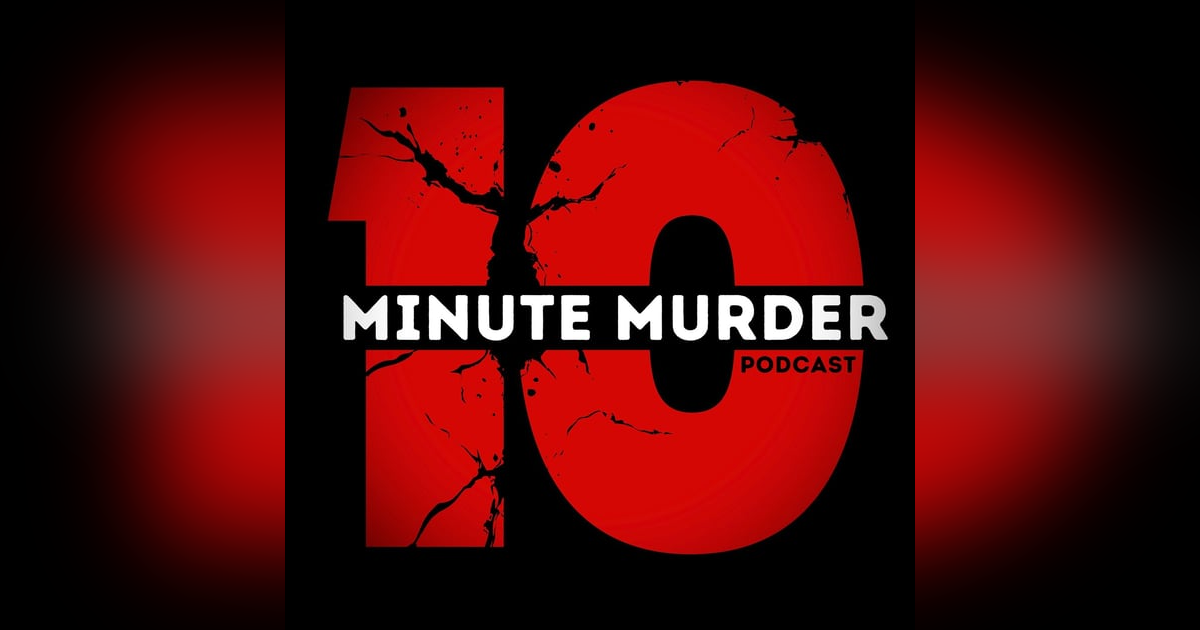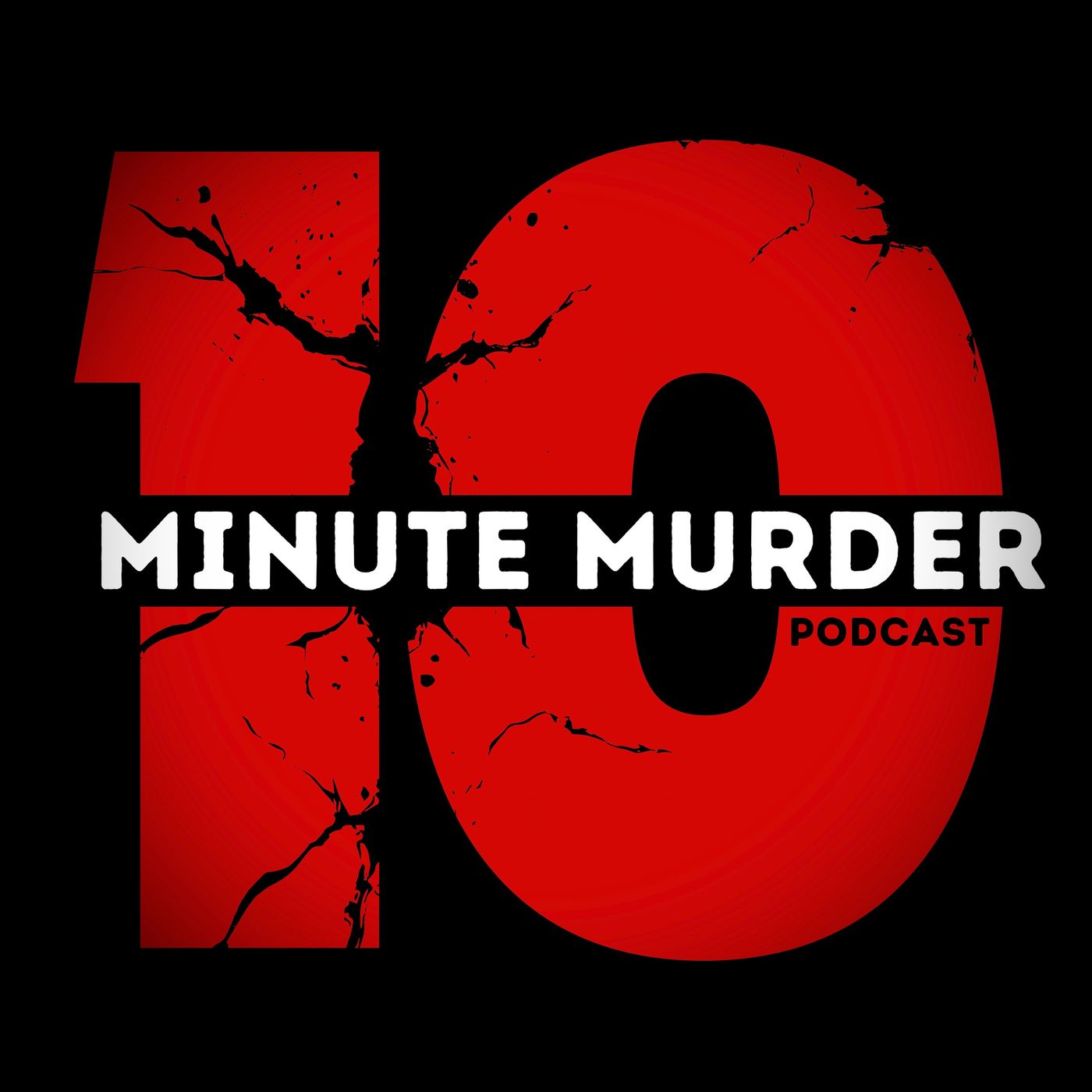The Internet’s First Real-Life Horror Story: The Sharon Lopatka Case

The Wild West of the Internet: Where Tupperware and Terror Coexisted
There was a time—not too long ago—when the internet was a mysterious and futuristic concept, like flying cars or robot butlers that actually worked. Most people hadn’t even logged on, let alone wrapped their heads around the fact that tucked inside anonymous chat rooms, an entire underworld was brewing. Information had never been so easy to access, so free, so unregulated. If you wanted to talk to a stranger across the world, it was just a few keystrokes away.
But here’s the thing—when you give people unlimited access to one another, you don’t just get polite discussions about book clubs and casserole recipes. You also get the kind of conversations that make you stop mid-scroll and ask yourself, what in the Kentucky Fried hell am I reading? Because just as the internet opened the floodgates for everyday conveniences—shopping, entertainment, and whatever the early version of memes were—it also became a marketplace for things far darker than off-brand Tupperware.
This was the 90s. The internet was growing faster than anyone could regulate, and beneath its shiny, “Wow, look! We can email each other!” exterior, there was a demand for things most people didn’t even want to imagine. Some of it was harmless—video games, collectible figurines, weirdly specific Beanie Baby resale markets. But some of it? Some of it was deeply, profoundly disturbing.
And stepping into this uncharted digital territory, both as a seller and a seeker, was 35-year-old Sharon Lopatka—a woman with some very particular demands of her own.
A Picture-Perfect Childhood—With One Major Exception
Sharon Denburg was born in 1961, the oldest of four daughters in a strictly Orthodox Jewish family. And from the outside looking in, she checked every box of a textbook “good girl.” She was active in her Baltimore synagogue, which wasn’t surprising considering her father was a cantor at the largest Orthodox Jewish congregation in the city. Whether Sharon was genuinely devout or just following the script laid out for her is up for debate, but either way, she played the role.
At school, she wasn’t just well-behaved—she was thriving. She got good grades, sang in the choir, and joined multiple sports teams. She had plenty of friends, and by all appearances, she was as normal as normal could be.
But here’s the thing about “normal”—it doesn’t always fit everyone. And for Sharon, it chafed like an itchy sweater she couldn’t take off. The rigid expectations, the structured life—it wasn’t enough. But breaking free as a straight-A, well-mannered teenager in a religious household? Not happening.
Adulthood, though? That was another story. And once Sharon found her way out, there was no turning back.
Breaking Away: Marriage, Money, and a Deep Dive Into the Internet’s Underbelly
Sharon Denburg found her escape hatch in the form of Victor Lopatka—a slightly older, mild-mannered construction worker she met after high school. He was reliable, steady, and sweet enough. But the real selling point? He was Catholic.
Marrying outside the faith was the equivalent of lighting a match and tossing it over her shoulder as she walked away from her Orthodox upbringing. Her parents were predictably horrified, but Sharon had made up her mind. She and Victor packed up and moved to Hampstead, Maryland, putting even more distance between her and the life she no longer wanted.
While Victor stuck to his construction work, Sharon built something of her own. With no kids to occupy her time, she became a full-fledged entrepreneur, tapping into the gold rush of the early internet. She started an online advertising business, writing marketing materials and mailing them out. She also ran psychic and horoscope websites, collecting a cut from the hotline numbers she plastered across her growing network of pages.
And business was booming. The internet wasn’t just growing—it was exploding. Every day, more people logged on, and where there were people, there was demand. Some of it was innocent enough—shopping, self-help, those sketchy weight-loss ads that promised miracles.
But then there was the darker side. And Sharon? She was happy to cater to that market, too.
Under the alias Nancy Carlson, she started selling pornographic images and videos featuring women being abused. According to Sharon’s own descriptions, some of the women were willing participants—women who liked being drugged or knocked out before sex. Others, she claimed, had no idea what was happening to them.
And here’s where things took an even sharper turn.
Selling content to an increasingly depraved audience seemed to awaken something in Sharon—something she was ready to act on. She started small, selling her own used underwear to strangers online. But that wasn’t enough. She wanted more.
She started frequenting chat rooms, making posts that left no room for misinterpretation. Sharon was a masochist, and she wasn’t shy about it. She wanted to be tortured, strangled, and used during sex. And she wasn’t looking for roleplay.
She wanted the real thing.
Her ultimate fantasy, she wrote, was to be strangled to death while having sex.
Most people recoiled. Some tried to talk her out of it. But Sharon wasn’t interested in debates, interventions, or moral objections. She wasn’t looking for someone to tell her she needed help.
She was looking for someone who would say yes.
The Search for a Willing Partner
Sharon’s online posts weren’t just unsettling—they were the kind of thing that made people stop and think, Okay, but… you’re joking, right? Spoiler: she wasn’t. Some members of the online community tried to intervene, urging her to seek help, to reconsider, to, at the very least, not go through with what she was openly plotting.
Sharon didn’t want their concern. She wanted commitment.
“I want the real thing,” she shot back at anyone who tried to talk her out of it. “I did not ask for you preaching to me.”
Most people backed away immediately. But one man didn’t.
His name was Bobby Frederick Glass, and if the internet had become a breeding ground for deviant behavior, he was already deep in the swamp.
Bobby Glass: The Man Behind the Screen
On paper, Bobby Glass seemed like a decent guy. A 45-year-old computer analyst for the Catawba County government in North Carolina, he had spent over sixteen years in his job without raising a single red flag. His father had been a well-respected government figure, with an antebellum mansion to prove it. Bobby, however, was not his father.
He was a walking contradiction—married for fourteen years, a father of three, living with his family in a trailer tucked away in the woods. But instead of spending his evenings with his wife and kids, Bobby was glued to his computer, lost in a digital world his wife, Sherri, had no part in.
Until, of course, she decided to look for herself.
One night, fed up with the secrecy, Sherri went through Bobby’s emails. What she found wasn’t just disturbing—it was enough to make her pack up their kids and leave. The messages detailed his fantasies of sexual violence in stomach-churning detail. Bobby had lost his family, but online? He had just found his perfect match.
A Dangerous Connection
Sharon and Bobby met in a chat room, and for the first time, she had someone who wasn’t just humoring her. He was in.
“If you put all their messages together,” said Captain Danny Barlow of the Caldwell County Sheriff’s Department, “you would have a very large novel.”
Not just a novel—a 900-page-long blueprint of what they were going to do.
For months, they planned every detail. And in October 1996, Sharon put that plan into motion, leaving Maryland to meet Bobby in Georgia.
Before she left, she left Victor a note.
“If my body is never retrieved, don’t worry: know that I’m at peace.”
That’s… not the kind of thing you want to find on a Post-it from your wife.
She also urged him not to go after Bobby if anything happened to her. That was an immediate no from Victor, who marched straight to the police with the letter.
Investigators traced Sharon’s digital footprint to Bobby’s trailer in North Carolina. They watched him for days, hoping to see any sign that Sharon was alive. When nothing surfaced, a judge issued a search warrant.
Inside, the place was a disaster—rotting trash, abandoned children’s toys, filth everywhere. But worse than the mess were the things that shouldn’t have been there: Sharon’s belongings.
And then, outside, a shallow grave.
The Aftermath
Bobby Glass confessed almost immediately. He said Sharon had stayed with him for three days, indulging in their darkest fantasies, before things took a turn.
“I don’t know how much I pulled the rope,” he told investigators. “I never wanted to kill her, but she ended up dead.”
The autopsy told a different story. Sharon had been strangled multiple times, over a period of time. The coroner ruled her death an accident, but investigators weren’t buying it. They had 900 pages of proof that Bobby absolutely intended to kill her.
He was charged with first-degree murder but cut a deal, pleading guilty to voluntary manslaughter and sexual exploitation. His sentence? A whopping 36-53 months.
But there was one last twist. When investigators combed through his computer, they found a massive stash of child pornography. That got him another 27 months in federal prison, to begin after his state sentence was up.
Not that he ever served it.
In 2000, just a month before his federal time was set to begin, Bobby Glass died of a heart attack.
One final plot twist, and this twisted chapter was closed for good.





